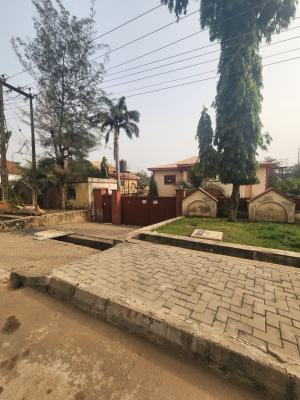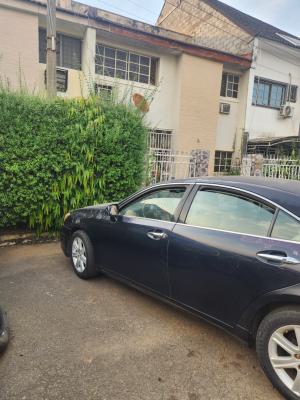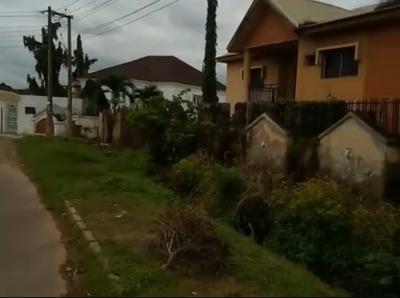Houses for Sale in Gaduwa Estate, Gaduwa, Abuja
Quick Filters
Bedrooms Subtypes Sub Areas Furnishing
4
What is the average price of houses for sale in Gaduwa Estate, Gaduwa, Abuja?
The average price of houses for sale in Gaduwa Estate, Gaduwa, Abuja is ₦320,000,000.
What is the price of the most expensive houses for sale in Gaduwa Estate, Gaduwa, Abuja?
The price of the most expensive houses for sale in Gaduwa Estate, Gaduwa, Abuja is ₦490,000,000.
What is the price of the cheapest houses for sale in Gaduwa Estate, Gaduwa, Abuja?
The price of the cheapest houses for sale in Gaduwa Estate, Gaduwa, Abuja is ₦160,000,000.
How many houses for sale in Gaduwa Estate, Gaduwa, Abuja are available?
There are 4 available houses for sale in Gaduwa Estate, Gaduwa, Abuja.
You can view and filter the list of property by price, furnishing and recency.




